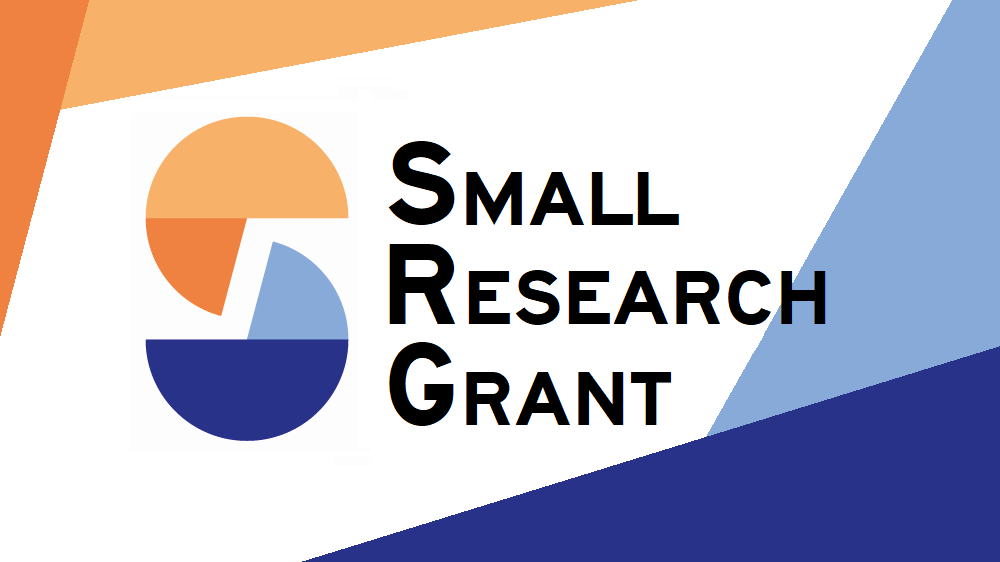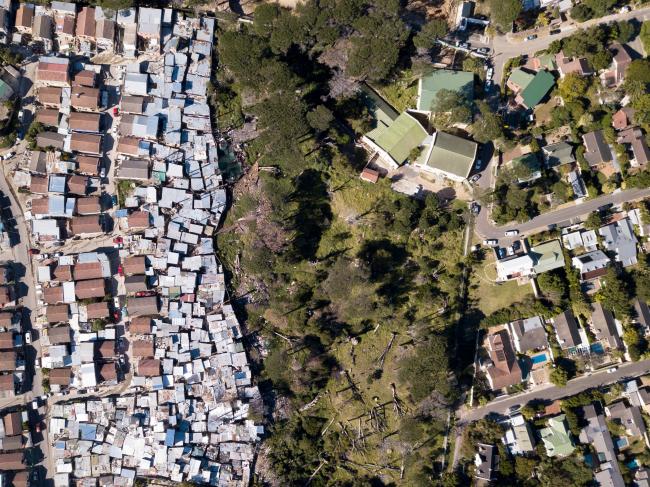This project aims to investigate the effect of FDI on energy efficiency and energy consumption practices in Ethiopia. The topic is important because, while the existing literature explores the effect of FDI firms on their energy efficiency in host countries, the empirical evidence on the impact of the presence of foreign firms on the energy consumption behaviour of domestic firms is scant. This is important to explore as domestic firms in developing countries are significantly increasing their energy consumption (Salim et al., 2017). Furthermore, there is not much evidence in the literature on how industrial policy and the heterogenous effects of FDI source countries, including developed, developing and less developed countries, impact the energy transition and efficiency of least developing countries.
To investigate the causal effect of the presence of foreign-invested firms on the energy consumption behaviour of local firms, the study utilises a unique longitudinal firm-level census data from Ethiopia from 2012-2018, and staggered difference-in-differences (DiD) econometric methodology. Unlike the traditional binary DiD treatment, the staggered DiD approach establishes a continuous treatment variable for the variations in the treatment intensity by exploiting both spatial and time variations of the presence of foreign firms. Following Abebe et al. (2021), districts where foreign-invested firms begin operations are considered the treated group, while districts where foreign firms have obtained licenses but do not operate in that location serve as the control group. The availability of detailed ownership information from different groups of countries and industrial policy instrument measures allows us to explore the heterogeneous effect on energy consumption and to study the mechanisms by which foreign firms can contribute to the environmental sustainability of local firms.
This project contributes to the emerging literature on FDI and green energy consumption spillover for manufacturing firms in several ways. First, the project aims to investigate the energy consumption spillover effect of foreign-invested firms on host country firms in the case of Ethiopia. The case of Ethiopia is also unique since Ethiopia is currently one of Africa’s fastest-growing countries where FDI industrialisation comes from a range of countries, including least developing, emerging and developed countries. Second, the effect of FDI on energy consumption behaviour also varies based on differences in energy endowment, institution, and preferential policy. This partially accounts for the inconsistencies observed in the FDI-energy use nexus in previous studies (Bu et al., 2019). While industrial policy is a contested issue (Altenburg 2010), especially for low-income countries, it is interesting to examine the role of such policies in mitigating or facilitating green technology spillover (useful for a cleaner environment) to domestic enterprises. In this context, this project explores the moderating role of industrial subsidy on the FDI-energy consumption nexuses.














































